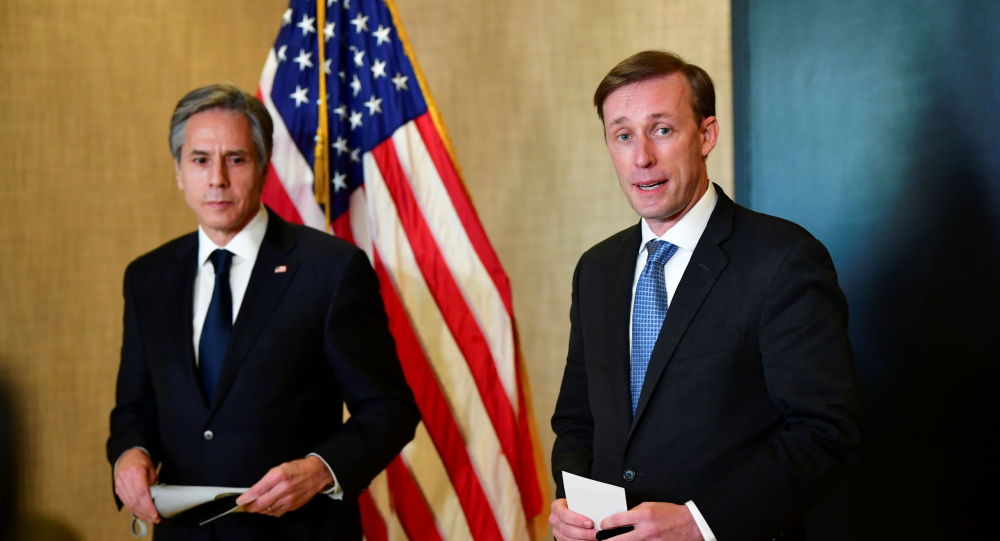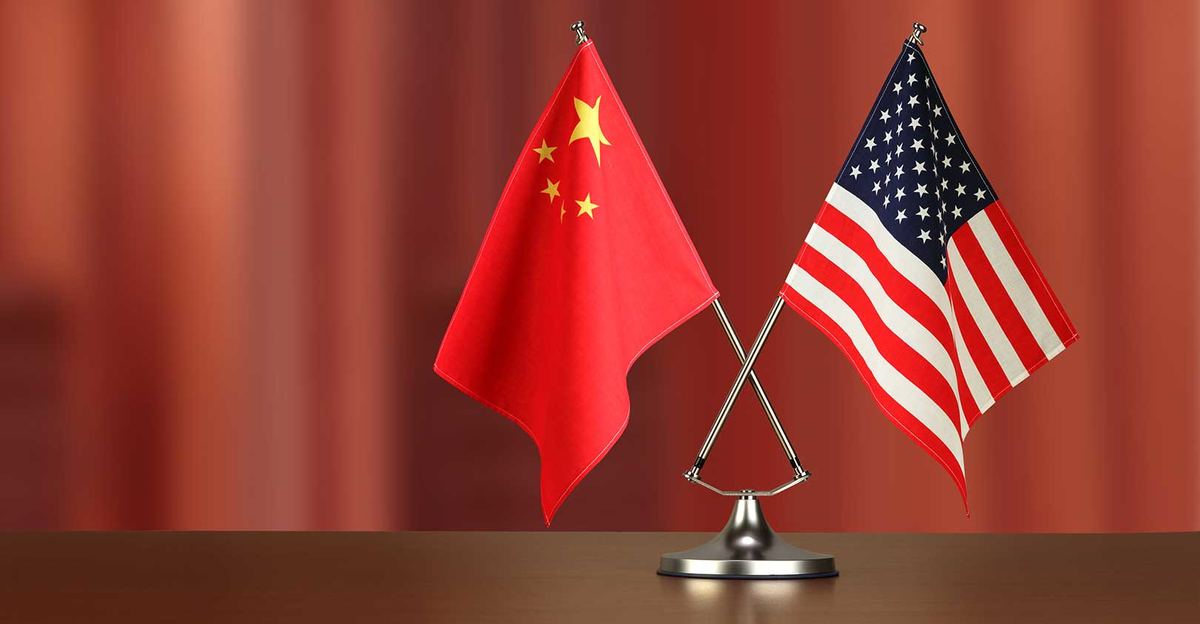Polyphonic Music in U.S.-China Relations: Time to Avoid the Trap’s Jaws
May 12, 2021
About the author:
Wang Xiangsui, Senior Fellow of Taihe Institute Director of the Center for Strategic Studies, Beihang University.
China and the United States are regularly represented as two top league teams fiercely competing in the global arena and concurrently falling into the “Thucydides Trap”, as originally forewarned and discouraged by China’s President Xi Jinping in 2015. Today, a number of insightful people still see the shimmer of how China and the U.S. can cooperate. The intelligent choice for matching opponents when making close chase on the running track of human history is to focus on improving themselves rather than tripping over one another.
In somewhat of a relief to Trump’s China policy which featured confusing signals and actions, the Biden administration wants the U.S. to contest with China in a systematic, rule-based, and controllable way. From President Biden to Secretary of State Antony Blinken and National Security Advisor Jake Sullivan, parties acknowledge the complexity of China-U.S. rivalry while seeking an orderly competition that will safeguard U.S. interests. Biden has reiterated that China is not the enemy of the U.S. but its major competitor. This less confrontational stance is important as it draws a clear bottom line for the competition between the two countries.
During its first 100 days in office, the Biden administration has appeared unwilling to confront China, but Trump’s tough-on-China legacy has not yet been dismantled and its toxic influence lingers. Biden’s China policy might be compared to polyphonic music with comprehensive competition as the theme, necessary confrontation as the soprano and possible cooperation as the bass section. The Congress expedites the writing and passing of bills to better contest with China because suspicion, fear and unfavorable views of the rising power are still prevalent in the U.S. The new administration’s policy options are constrained by domestic politics, which have created a low desire and struggling feasibility of in-depth cooperation with China, and an ongoing yield to one upmanship and aggressive competitive actions. If this trend continues, the U.S. may lose the opportunity to forge a relationship with China whereby they can work as partners in dealing with challenges both at home and abroad.

Antony Blinken and Jake Sullivan (source: CNN)
There are far more opportunities for constructive cooperation between the U.S. and China than there are reasons for conflict. Putting world citizens ahead of a single government’s agenda will benefit any single government. It is worth noticing that collaboration between the two countries are not merely limited to the few areas such as climate management, non-proliferation and public health. The global economy is like a pyramid where the dominant U.S. sits on top, while China, like the foundational base, supports the structure. The interests of the two countries are so intertwined and inextricable that despite certain unavoidable frictions and even conflicts, there exists more cooperation in value, industry, supply, and innovation chains. It is plain to see that China is the United States’ most important partner in the global trading system of dollar dominance. China is the major holder of U.S. Treasury debt and accounts for the largest share of international trade using U.S. dollars. The currency holds worldwide commercial trust which the RMB has yet been unable to achieve. Chinese economic growth is thus promoted, secured and facilitated in U.S. dollars. As a country with a complete industrial chain, China manufactures the largest amount and most abundant types of industrial and intermediate goods. The U.S. develops high technology, exports advanced equipment and provided the largest market it once was. It stands to reason that economic cooperation sustains the progress and growth of both countries.
Extensive cooperation in global governance thankfully already exists between the two countries, however, if disagreements and disputes were to dominate bilateral relations while the above-mentioned areas of cooperation were neglected, Beijing-Washington relations would be perceived as power politics to the detriment of global harmony. Through this lens it is not difficult to see that cooperation has a solid grounding not to be decayed.
National Security Advisor Jake Sullivan co-authored an article “Competition Without Catastrophe: How America Can Both Challenge and Coexist With China” in Foreign Affairs September/October 2019 issue in which “coexistence” is proposed as the basis of responses to challenges from, and cooperation with, China. Sullivan believes the two countries should acknowledge the existence of one another over and above their disputes. The U.S. must aim to establish enabling conditions for its coexistence with China in the key areas of military, economic, political, and global governance, maintaining “a steady state of clear-eyed coexistence on terms favorable to U.S. interests and values.” Apart from being overly America-first, Sullivan’s view shines a glimmer of wisdom to guide bilateral relations in the right direction.
Undoubtedly, the ultimate goal of both competition and cooperation between China and the U.S. should be conducive to the achievement of respectful coexistence. The two countries must and will co-exist and finding inspired positive ways to do so is not only a sensible goal, but an area of cooperation of utmost importance currently. Only in this way can the two countries escape the fatuous trap of confrontation.
—————————————————————
ON TIMES WE FOCUS.
Should you have any questions, please contact us at public@taiheglobal.org

